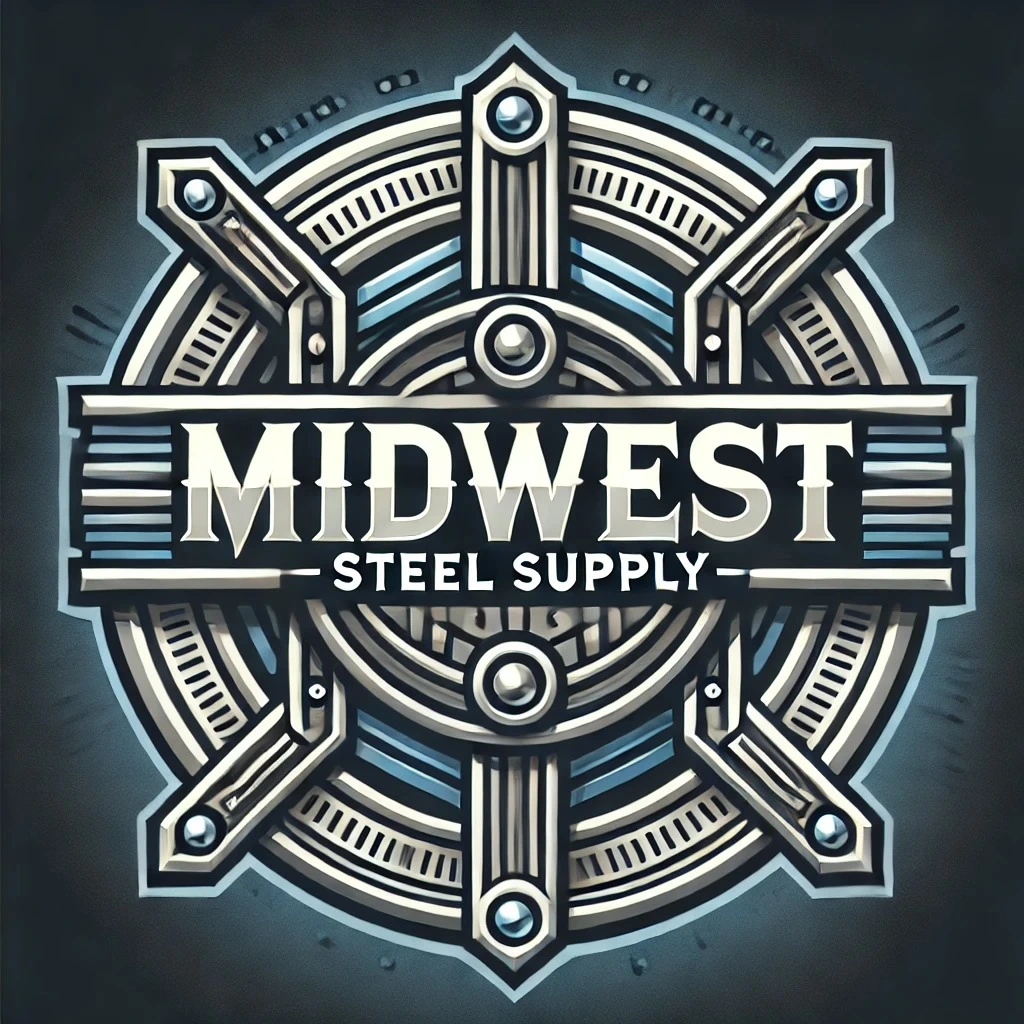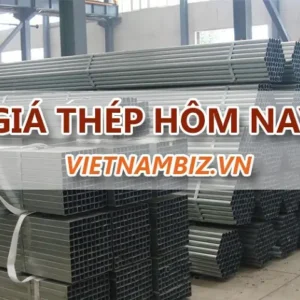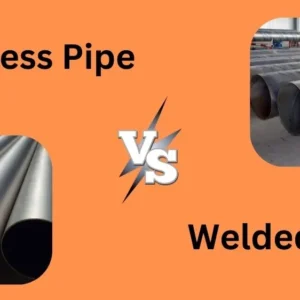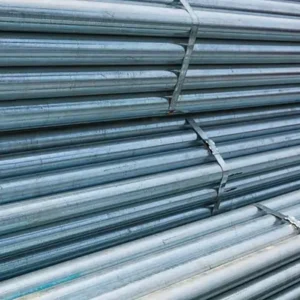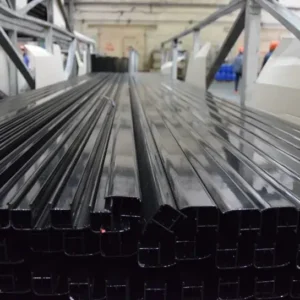Understanding Steel Density and Its Impact on Industrial Applications
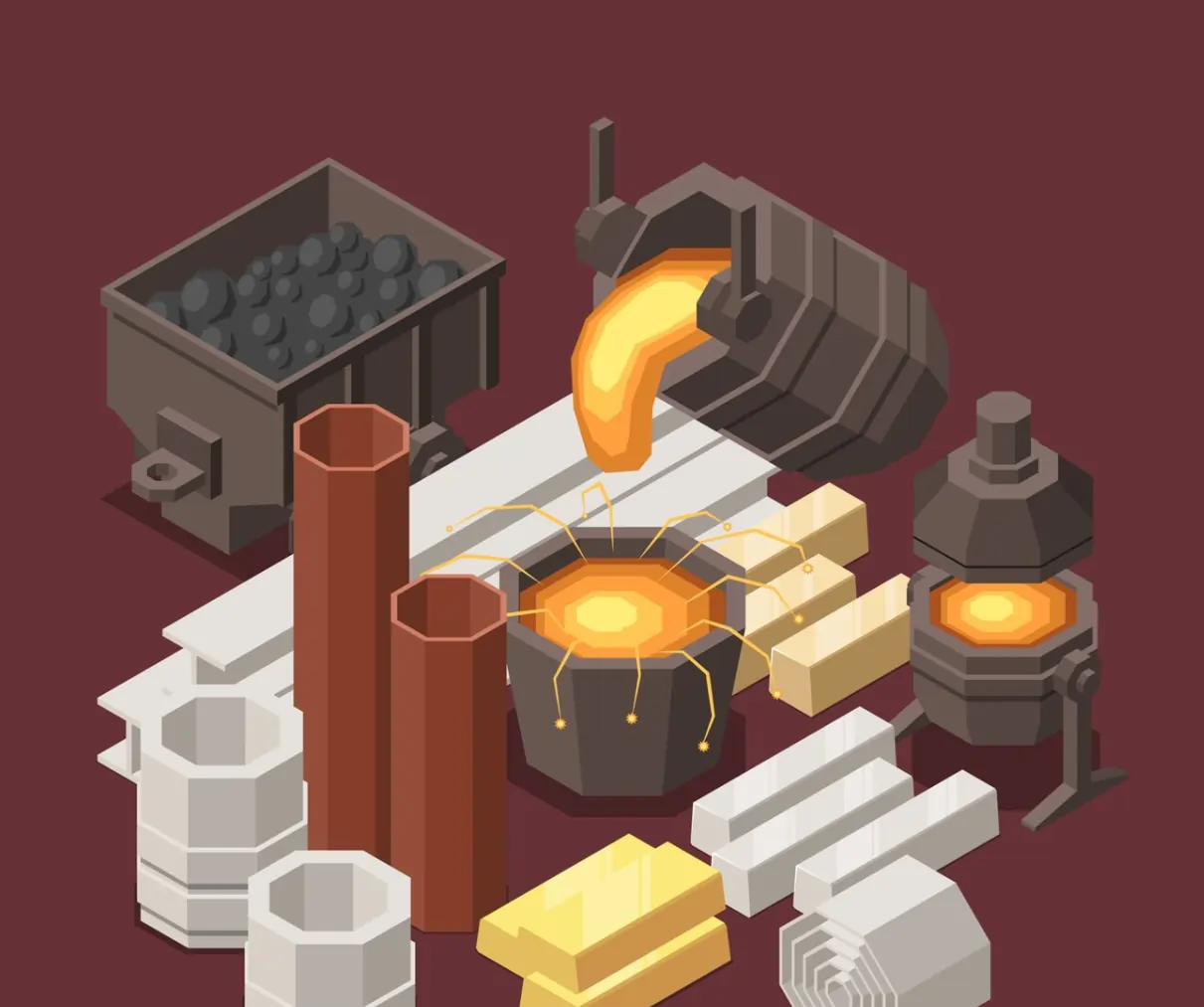
Steel is one of the most widely used materials in construction, infrastructure, manufacturing, and engineering. Its popularity is due to its high strength, durability, and versatility. In addition to properties like hardness, tensile strength, and yield strength, steel density is a crucial technical parameter that affects its performance, weight, and suitability for different applications.
Understanding steel density allows engineers, manufacturers, and construction professionals to make informed decisions about material selection, weight distribution, and cost estimation.
What is Steel Density?
Steel’s density represents the relationship of steel weight against unit volume measurements. Meteorological data shows that steel density becomes a measurement of steel weight relative to a given volume which technicians often record in kg/m³ units or lb/in³ units. The regular density for steel amounts to 7850 kg/m³ (0.284 lb/in³); however, each steel material exhibits variations based on its composition and type.
Professionally used steel density data to determine project material requirements and achieve optimum structural designs and control transportation expenses.
Density of Different Types of Steel
Carbon Steel Density
Carbon steel is classified into four categories based on carbon content: low, medium, high, and ultra-high carbon steel. The higher the carbon content, the harder and stronger the steel, but it also becomes more brittle and less ductile.
Density of Carbon Steel at Room Temperature
| Material | Density (g/cm³) | Density (kg/m³) | Density (lb/in³) |
|---|---|---|---|
| ASTM A36 | 7.85 | 7850 | 0.284 |
| AISI 1010 | 7.87 | 7870 | 0.284 |
| AISI 1018 | 7.87 | 7870 | 0.284 |
| AISI 1020 | 7.87 | 7870 | 0.284 |
| AISI 1025 | 7.86 | 7860 | 0.284 |
| AISI 1040 | 7.845 | 7845 | 0.2834 |
| AISI 1045 | 7.87 | 7870 | 0.284 |
Carbon steel is used in automotive components, construction materials, pipelines, and machinery due to its excellent strength-to-weight ratio and affordable cost.
Alloy Steel Density
Alloy steel is a combination of iron and multiple alloying elements, such as manganese, chromium, nickel, silicon, boron, molybdenum, and vanadium. These elements enhance steel properties, including hardness, strength, ductility, wear resistance, and corrosion resistance.
Density of Alloy Steel at Room Temperature
| Material | Density (g/cm³) | Density (kg/m³) | Density (lb/in³) |
|---|---|---|---|
| AISI 4037 | 7.85 | 7850 | 0.284 |
| AISI 4130 | 7.85 | 7850 | 0.284 |
| AISI 4140 | 7.85 | 7850 | 0.284 |
| AISI 4150 | 7.85 | 7850 | 0.284 |
| AISI 4340 | 7.85 | 7850 | 0.284 |
Alloy steel is commonly used in aircraft, automotive parts, bridges, and high-stress environments, where superior mechanical properties are required.
Stainless Steel Density
Stainless steel contains at least 10% chromium, which gives it excellent corrosion resistance. It is widely used in food processing, medical instruments, kitchen appliances, chemical plants, and marine environments.
Density of Stainless Steel at Room Temperature
| Material | Density (g/cm³) | Density (kg/m³) | Density (lb/in³) |
|---|---|---|---|
| Grade 304 | 8.00 | 8000 | 0.289 |
| Grade 316 | 8.00 | 8000 | 0.289 |
| Grade 405 | 7.80 | 7800 | 0.282 |
| Grade 440C | 7.80 | 7800 | 0.282 |
| PH 15-7 Mo | 7.804 | 7804 | 0.2819 |
| 17-4 PH | 7.80 | 7800 | 0.282 |
| 17-7 PH | 7.81 | 7810 | 0.282 |
The higher density of stainless steel makes it stronger and more resistant to environmental damage compared to carbon and alloy steel.
Tool Steel Density
Tool steel contains higher carbon levels (up to 1.4%) and low impurities, making it ideal for cutting tools, molds, dies, and machine components. It is known for its abrasion resistance, hardness, and ability to withstand high temperatures.
Density of Tool Steel at Room Temperature
| Material | Density (g/cm³) | Density (kg/m³) | Density (lb/in³) |
|---|---|---|---|
| D2 Tool Steel | 7.695 | 7695 | 0.278 |
| T1 Tool Steel | 8.67 | 8670 | 0.313 |
| M2 Tool Steel | 8.16 | 8160 | 0.294 |
| W1 Tool Steel | 7.83 | 7830 | 0.283 |
| O1 Tool Steel | 7.81 | 7810 | 0.282 |
| O6 Tool Steel | 7.67 | 7670 | 0.277 |
| A2 Tool Steel | 7.86 | 7860 | 0.284 |
| H13 Tool Steel | 7.80 | 7800 | 0.282 |
| P20 Tool Steel | 7.85 | 7850 | 0.284 |
Tool steel is used in precision engineering, die-cutting, and industrial machining, where toughness and heat resistance are crucial.
Structural Steel Density
Structural steel is used in buildings, bridges, and infrastructure projects. Its density ranges from 7750 – 8050 kg/m³, depending on the composition. Manufacturers may adjust density through electroslag remelting and centrifugal casting techniques.
Higher-density structural steel improves corrosion resistance, mechanical strength, and durability for long-term stability in harsh environments.
Why is Steel Density Important?
- Accurate Material Calculation – Engineers use density to determine the exact weight and volume of steel needed for a project.
- Predicting Structural Load Capacity – Helps in designing safe and stable buildings, bridges, and machinery.
- Cost Estimation – Density helps investors estimate steel costs and logistics expenses.
- Performance Evaluation – Higher-density steel often has better strength, impact resistance, and durability.
Midwest Steel: Your Reliable Supplier for High-Quality Steel
Midwest Steel is a leading supplier of carbon steel, stainless steel, alloy steel, and tool steel. With extensive experience in the U.S. and international markets, Midwest Steel offers:
- Custom steel fabrication – Cutting, welding, bending, and finishing services.
- Competitive pricing – Affordable rates for bulk and wholesale orders.
- Fast delivery – Nationwide shipping with on-time order fulfillment.
- Industry compliance – Midwest Steel products meet ASTM, AISI, and international standards.
For premium steel products with guaranteed quality and performance, contact Midwest Steel today!
Conclusion
Understanding the density of steel is essential for selecting the right material for construction, engineering, and industrial applications. Whether choosing carbon steel, alloy steel, stainless steel, or tool steel, density affects strength, weight, cost, and performance.
For high-quality steel with expert support, Midwest Steel is your trusted partner in the industry.
